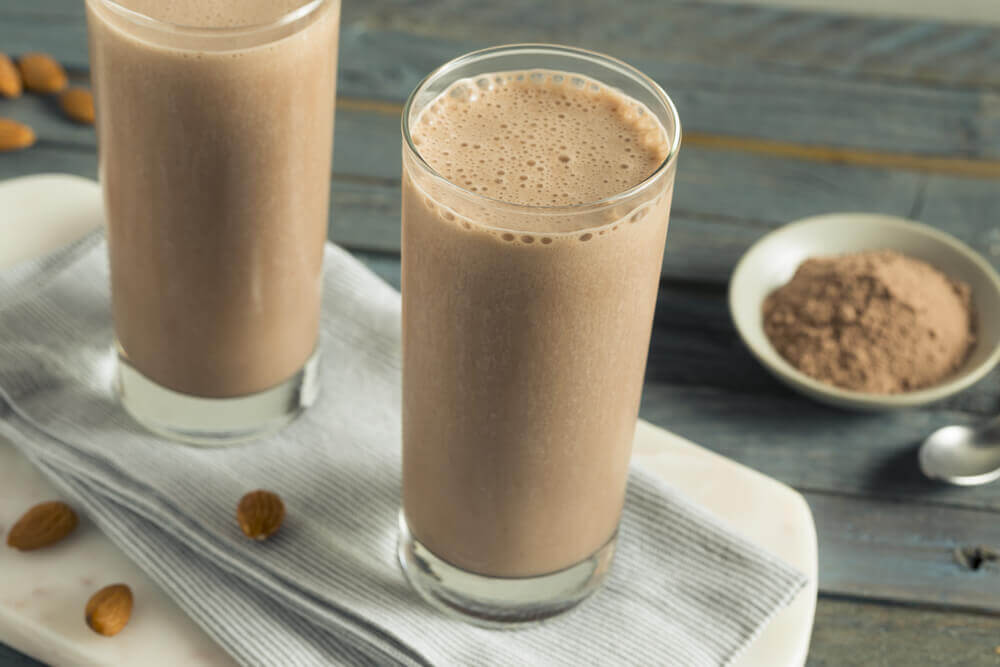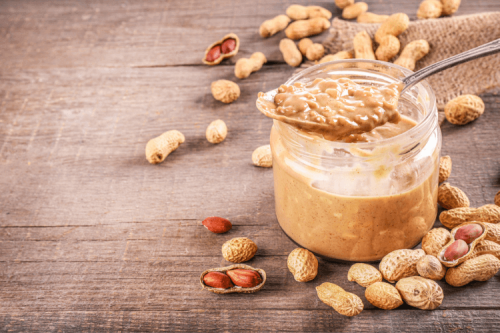The benefits of taking whey protein are well documented. Supplementing your diet with whey protein aids protein synthesis, essential for building muscle. Some people like their whey protein with water, while others prefer it mixed with milk. But which method is best – whey protein and water or whey protein and milk?
The case for whey protein with water
Protein mixed with water is ideal as a post-workout supplement, when fast absorption is key. The quicker your body receives protein, the quicker it can begin to repair damaged muscle fibres. Whey protein mixes better with water and is more convenient than milk; every gym has a water fountain after all. If you’re following a calorie-controlled diet, mixing your whey protein with water is the best option. A protein shake comprising one scoop of Healthy Whey and water contains a mere 117 calories, while packing over 20g of whey protein as well as BCAAs, glutamine, magnesium, zinc, vitamins D and B6. There’s a case for saying that’s all your body needs to grow, recover and repair.
The case for whey protein with milk
Adding milk to your whey protein shake won’t just up the protein count – it’ll also significantly bump up the fat and carbohydrate levels. 200ml of whole milk will give you an additional 7g of fat, 10g of carbs and 130 calories. If you’re looking to put on weight in the form of muscle, increasing your dairy intake is an easy way to facilitate this. A whey protein shake made with a scoop of Healthy Whey and 200ml of whole milk will give you a generous 26g of protein in total. The flipside to this however should be evident: for anyone wanting to stay lean or lose weight, those additional calories can quickly add up. Three protein shakes a day with milk will give your body a whopping 2,700 extra calories over the course of the week. If your diet’s not on point or your training isn’t sufficiently intense, it would be easy for those excess calories to be stored as fat. It might be more sensible to stick to whey protein and water, and take in your additional calories from such bodybuilding staples as eggs, salmon, almonds, cottage cheese, oatmeal and sweet potatoes.
Milk vs water: the verdict
So now we’ve heard the case for and against water and milk, it’s time to deliver a final verdict. Which formulation is best? The honest answer is that it really depends on your goals. To avoid excess calorie consumption and bloatedness, most people would be best to stick to water. When you take whey protein with milk, the proteins are absorbed slowly, which could be a good solution in the morning or at bedtime. But when you take protein after training, fast absorption is preferable, for which water is better suited.
If you’re taking whey protein on a regular basis, you’re already winning. Train hard and incorporate whey protein into a healthy diet and you’ll be well on your way to building a body you can be proud of.







